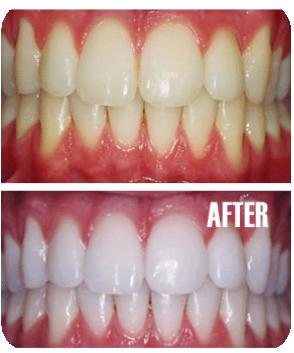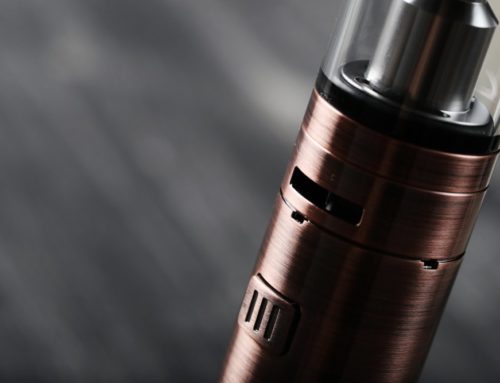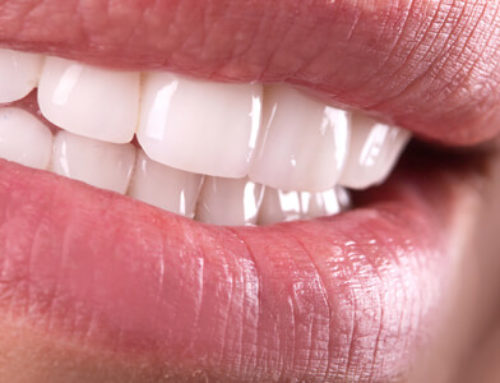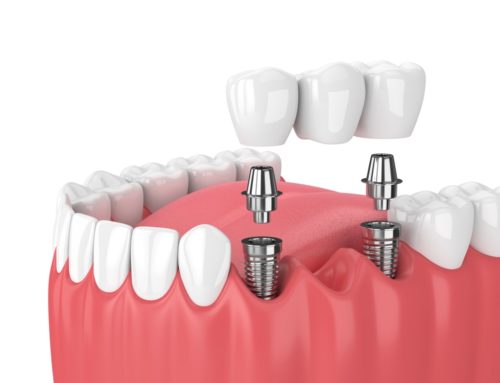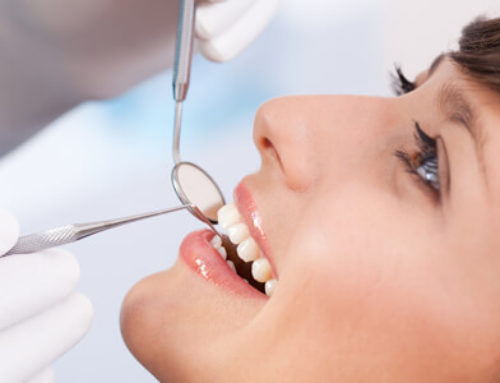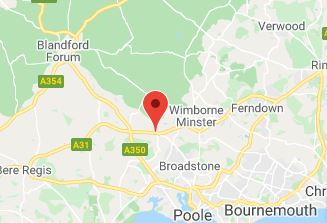What is tooth whitening?
Tooth whitening can be a very effective way of lightening the natural colour of your teeth without removing any of the tooth surface. It cannot make a complete colour change, but it may lighten the existing shade.
Why would I need my teeth whitened?
There are a number of reasons why you might get your teeth whitened. Everyone is different; and just as our hair and skin colour vary, so do our teeth. Very few people have brilliant-white teeth, and our teeth can also become more discoloured as we get older.
Your teeth can also be stained on the surface by food and drinks such as tea, coffee, red wine and blackcurrant. Smoking can also stain teeth.
‘Calculus’ or tartar can also affect the colour of your teeth. Some people may have staining under the surface, which can be caused by certain antibiotics or by tiny cracks in the teeth which take up stains.
What does tooth whitening involve?
Professional bleaching is the most usual method of tooth whitening. Your dental team will be able to tell you if you are suitable for the treatment, and will supervise it if you are. A professionally supplied whitening product is applied to your teeth using a specially made tray which fits into your mouth like a mouthguard.
The ‘active ingredient’ in the product is usually hydrogen peroxide or carbamide peroxide. As the active ingredient is broken down, it permeates in to the tooth, lightening the inner layer of dentine. As we get older dentine gets thicker so naturally teeth get darker. Whitening changes this and lifts the shade value of the teeth and improves the aesthetics and ‘youthfulness’ of the smile.
How long does this take?
The total treatment can usually be done within two weeks. We will need to make a mouthguard and will take impressions at the first appointment. Once we have started the treatment, you will need to continue the treatment at home. This means applying the whitening gel once a day. We like to start things off with a slower release gel to be worn at night and then move on to a gel that can be applied for up to 2 hours each session.
What other Treatments are there?
There is now laser whitening or ‘power whitening’. During this procedure the teeth are isolated to protect the gums, and a bleaching product is painted onto your teeth. Then a light or laser is shone on the teeth to activate the chemical. The light speeds up the reaction of the whitening product and the colour change can be achieved more quickly. Laser whitening is said to make teeth up to five or six shades lighter. It takes about an hour as an in-surgery procedure. As a ‘gold standard’, we only ever recommend this in conjunction with tray whitening.
How much does tooth whitening cost?
Tray tooth whitening – £320
Combined with in chair whitening session – £550
How long will my teeth stay whiter?
The effects of whitening are thought to last up to three years. However, this will vary from person to person. The effect is less likely to last as long if you smoke, or eat or drink products that can stain your teeth. Ask your dental team for their opinion before you start the treatment.
What are the side effects?
Some people may find that their teeth become sensitive to cold during or after the treatment. Others may have discomfort in the gums, a sore throat or white patches on the gum line. These symptoms are usually temporary and should disappear within a few days of the treatment finishing. Our current tooth whitening product has a special ingredient to reduce such side-effects and commonly we don’t find issues of sensitivity to be a factor anymore.
Note:
Information assisted by British dental health foundation.


